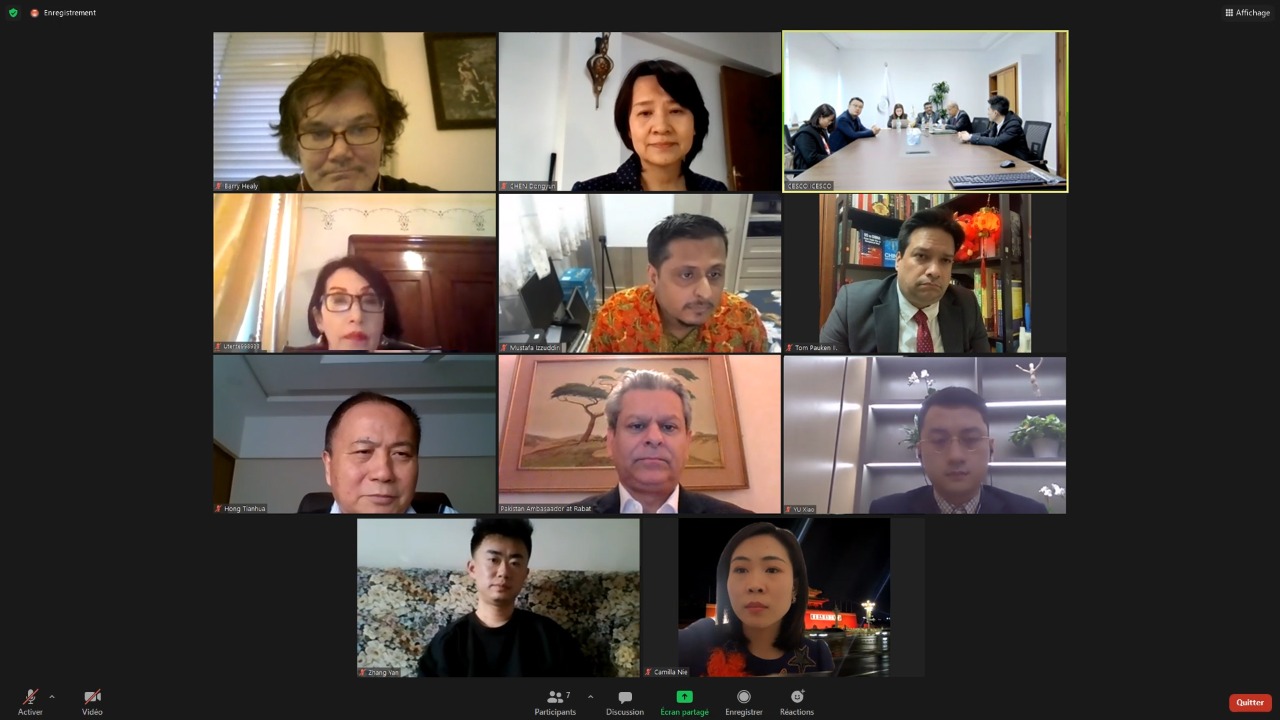
ICESCO Participates in Celebration of Chinese New Year

14 February 2021
As part of its new vision and action strategy based on an open-door policy with the countries of the world, the Islamic World Educational, Scientific, and Cultural Organization (ICESCO) participated on February 12, 2021, in the Chinese New Year celebration. ICESCO organized the webinar with the participation of high-level Chinese and foreign personalities, to promote the values of coexistence and civilizational dialogue and serve Muslim communities in non-Member States.
The webinar examined the cultural and civilizational dimensions of the Chinese calendar, the significance of the celebration and its historical importance, as well as the dimensions of cultural diplomacy, China’s civilizational influence, and the depth of cultural relations between China and the Islamic world.
The event then moved on to discuss China’s successful economic experience and how the Islamic world can benefit from it, as well as how the distinguished relations with countries in the Islamic world allow for China’s greater openness to the world.
The participants reviewed several innovative ideas and new academic programs exploring the strategic dimensions of China’s relations with the Islamic world that go beyond approaches to globalization and seek a scientific positioning corresponding to the specificity and excellence of these relations.
Ambassador Khaled Fathalrahman, Director of the Department of Dialogue and Cultural Diversity, Dr. Sidra Tariq Jamil, Communication Expert at the same Department, and Dr. Ahmed Said Bah, Advisor to the Director-General in charge of International Cooperation and Partnerships represented ICESCO. Chinese employees from Huawei in Morocco also participated in the meeting at the Organization’s headquarters in Rabat.
The Ambassador of Pakistan to Morocco, the Cultural Advisor of the Embassy of China in Rabat and researchers from various prestigious universities in China, Ireland, the United States, Pakistan, and Singapore attended the webinar.





